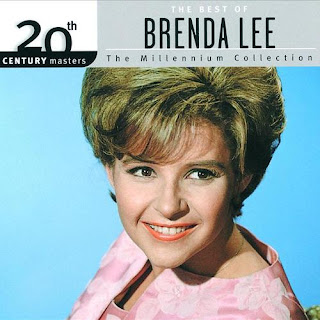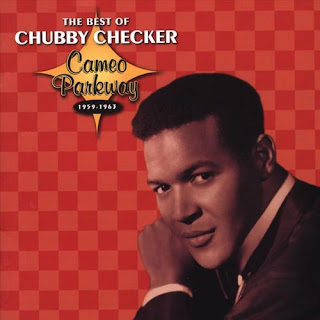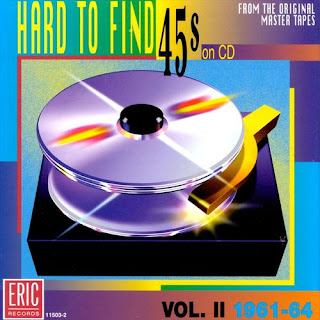"Another Saturday Night" is the title of a 1963 hit single by Sam Cooke from the album Ain't That Good News. It reached number ten on the Billboard Hot 100 and was number one on the R&B chart for a single week. In the UK, the song peaked at number 23 on the UK Singles Chart.
Session drummer Hal Blaine played on this version of the song. Other musicians on the record included John Anderson on trumpet, John Ewing on trombone, Jewell Grant on sax, Ray Johnson on piano, and Clifton White and Rene Hall on guitar, and Clifford Hills on bass.
"ANOTHER SATURDAY NIGHT" Composer: Sam Cooke
Original Artist: Sam Cooke
Label: RCA Victor Records;
Recording: RCA Victor #8164 (45)
Release Year: 1963;
Chart: #10 Billboard Hot 100 and #1 R&B
Cover Artist: Cat Stevens
Label: A & M Records;
Recording: A & M #1602 (45)
Release Year: 1974;
Chart: #6 Billboard Hot 100
Produced by legends Hugo Peretti and Luigi Creatore, a song written by Sam Cooke titled "Another Saturday Night" peaked at number 10 on the Hot 100 in 1963. The lyrics bemoan being new in town and not having a date on consecutive Saturday nights. We are also privy to the results of his disastrous blind date. Over a decade later, a remake of the song by Cat Stevens reached an even higher position on the charts than the original. More importantly, however, the Stevens version encouraged new interest in the music of Sam Cooke, with more cover versions of his songs appearing (including "Only Sixteen" by Dr. Hook and "Wonderful World" by James Taylor). However, gone from the Cat Stevens cover of "Another Saturday Night" was Cooke's very cool and swagger-laden line, "How I wish I had some chick to talk to." Stevens only ever sings, "How I wish I had someone to talk to."














